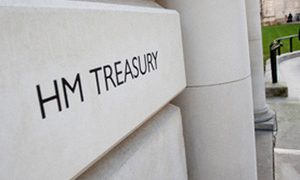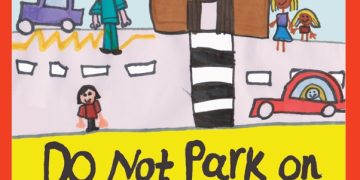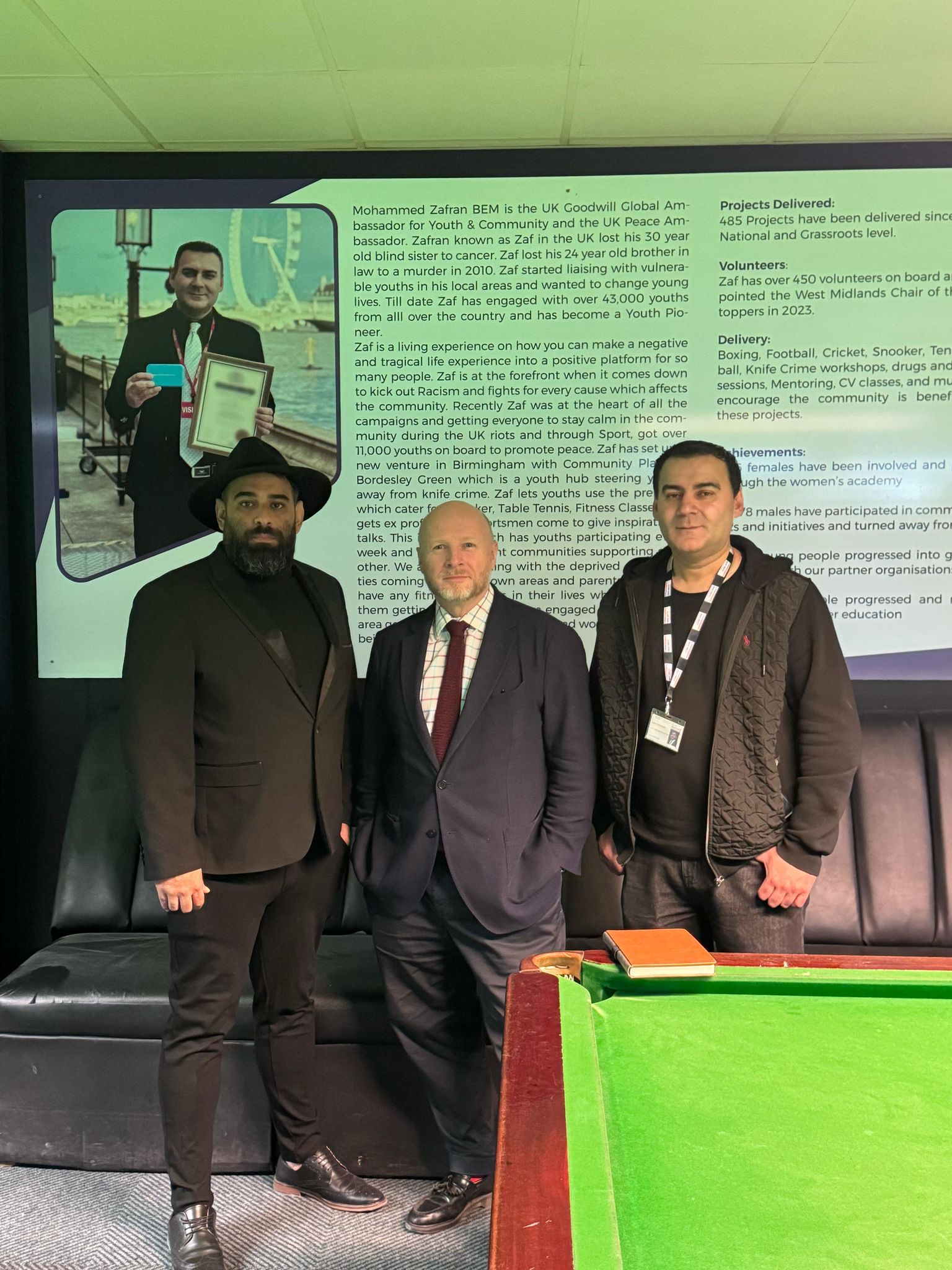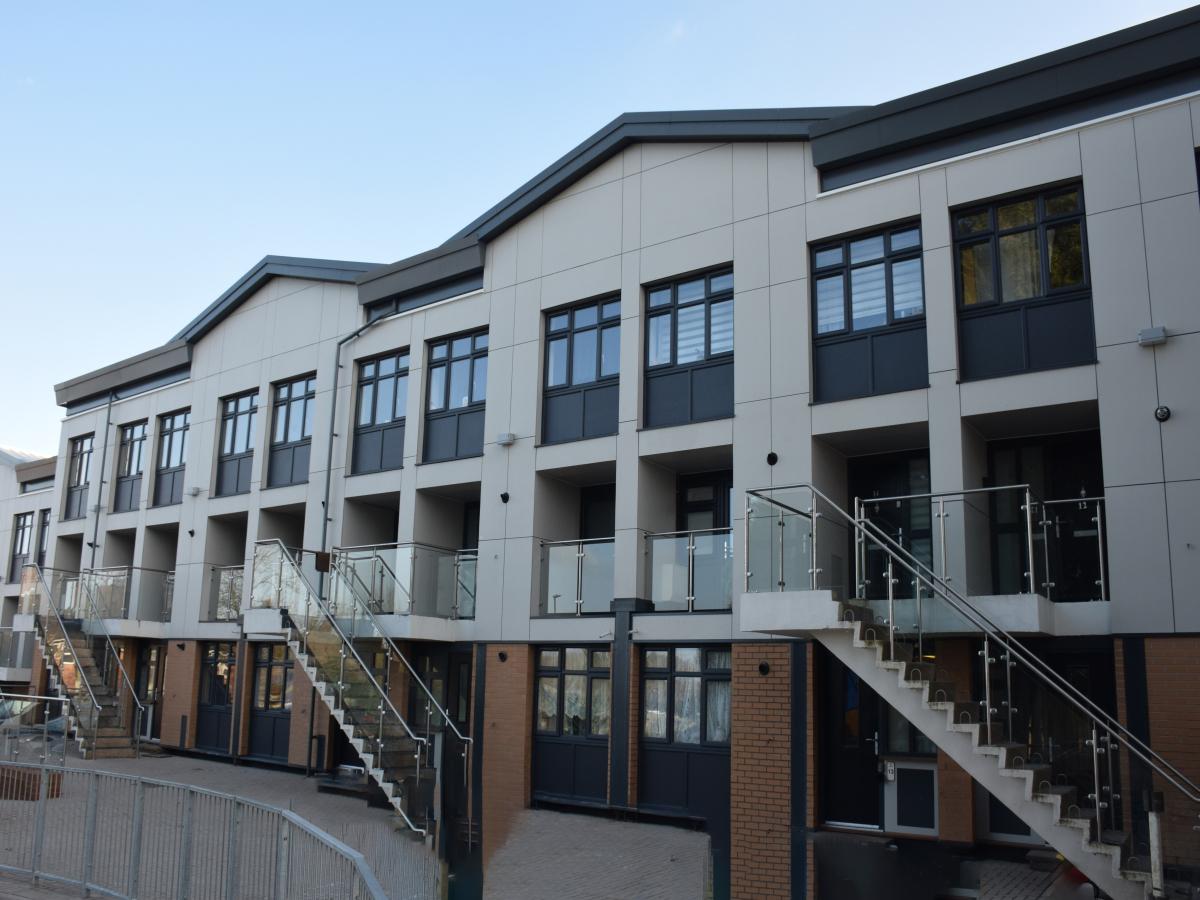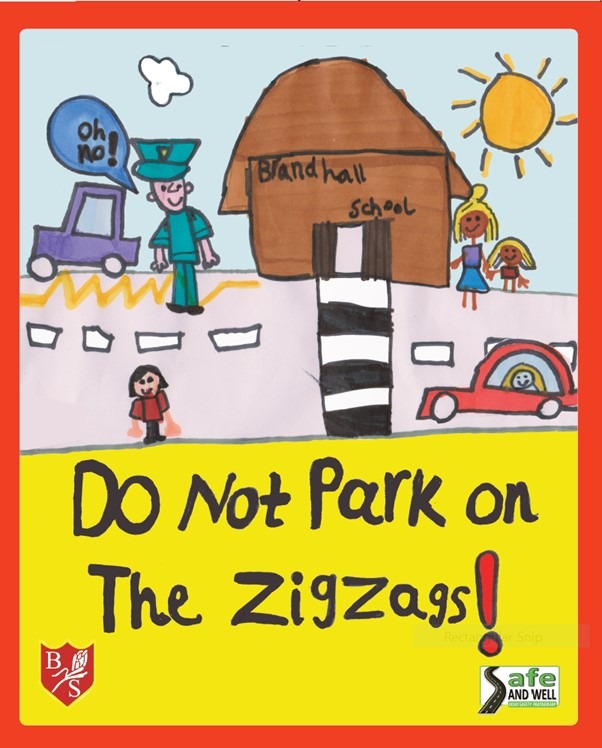Following a few simple tips can do much more to help Britons reduce the cost of motoring than the 5 pence-per-litre cut in fuel duty announced by Chancellor Rishi Sunak yesterday.
That’s the advice from Start Rescue – one of the UK’s leading roadside rescue and recovery businesses – after it said yesterday’s Spring Statement went nowhere near enough to counter the spiraling costs of fuel.
While it broadly welcomed the Chancellor’s announcement, the brand said motorists could easily achieve bigger savings by helping themselves and following these simple tips.
Accelerate and brake more gently, where appropriate
Ensure their vehicle’s tyres are always correctly inflated (under inflated tyres can have a big impact on fuel economy)
Leave a few minutes early and drive more slowly
Ensure their vehicle is well maintained
Reduce weight by removing clutter and roof boxes
At the same time, Start Rescue warned motorists struggling to keep up with the rising cost of living, not to put lives at risk by prioritising other spending over essential car maintenance.
And it highlighted that switching to its Which? Recommended breakdown cover – widely regarded as the best value in the UK – can itself help motorists save money, with full UK cover starting from just £30.80 for a whole year.
Lee Puffett, Managing Director of Start Rescue, said: “Everyone’s feeling the pinch at the moment and so it’s great to see the Chancellor do something to help hard-hit motorists.
“In reality though, a 5 pence-per-litre cut in fuel duty does not go nearly far enough to help people who are facing some really tough choices to make ends meet.
“That’s why we want to remind motorists that there is so much more they can do to help themselves be more fuel efficient. Simple things like pumping up your tyres, driving more slowly and removing roof boxes that are not needed can save you a small fortune at the pumps.”
He added: “The last thing people should do to try to save money is to avoid essential maintenance to their cars – things like buying new tyres when theirs get low on tread – as this can put their lives and the lives of others at risk.”



